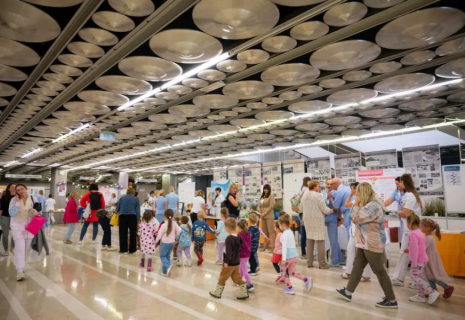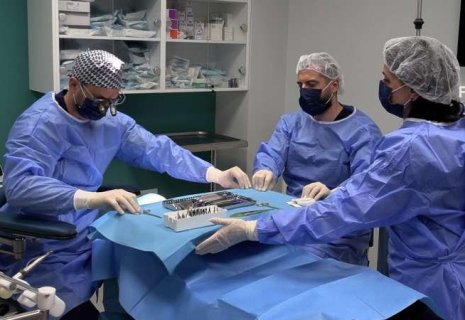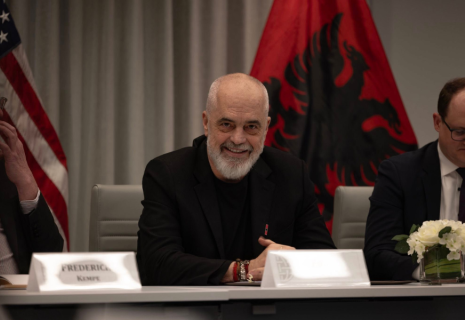
Slovenia to launch first gene therapy trial for CTNNB1 syndrome
A clinical trial for the development of the first gene therapy for the CTNNB1 syndrome is set to begin at the UKC Ljubljana Medical Centre soon after the go-ahead from the national Agency for Medicinal Products and Medical Devices.
The CTNNB1 syndrome is a rare genetic neurodevelopmental disorder that causes varying degrees of intellectual disability, developmental delays, and problems with motor control, CE Report quotes The Slovenia Times.
The development of gene therapy started in 2021, spearheaded by Slovenian researcher Špela Miroševič, whose son suffers from the syndrome.
Now that the CTNNB1 Foundation she heads has received the approval of the national regulator, a clinical trial of the therapy, named urbagen after her son Urban, will begin.
It is expected to take five years and include 12 children, at least ten from abroad. According to head researcher Damjan Osredkar, it will be the first clinical trial in the world to use gene replacement therapy to treat CTNNB1 syndrome.
While the trial will mostly assess the safety of the treatment, it will also look at the efficacy of the gene therapy product designed to replace the missing gene and restore its normal function, the researcher was quoted as saying in a press release from the CTNNB1 Foundation.
Chance for Urban to say his first word
Miroševič told the Slovenian public broadcaster there were currently about 500 children globally known to suffer from this genetic disorder, so she expects the interest of the families for their children to take part in the study and get the therapy will be huge.
She knows that her son, who is now six, will never be completely healthy, but hopes the therapy will help tackle his behavioural challenges, such as get him out of nappies and get him to start talking.
"I'm still waiting for the magical word mum," she said.
She said the research team proved that even a small country like Slovenia can achieve great things.
"According to our data we are the only non-profit organisation that has managed to develop a new genetic treatment independently, without a pharmaceuticals partner," she said.
The clinical trial will be an important milestone for biomedicine and healthcare in Slovenia and a step towards the country's greater independence in advanced therapy development, Miroševič said.
The journey so far has been very challenging and involved years of dedicated work by scientists and support of many donors, the CTNNB1 Foundation said. It has raised €2 million in Slovenia, another €2 million abroad, while the Ministry for Higher Education, Science and Innovation has contributed an additional €1 million.
Photo: Nebojša Tejić/STA
























